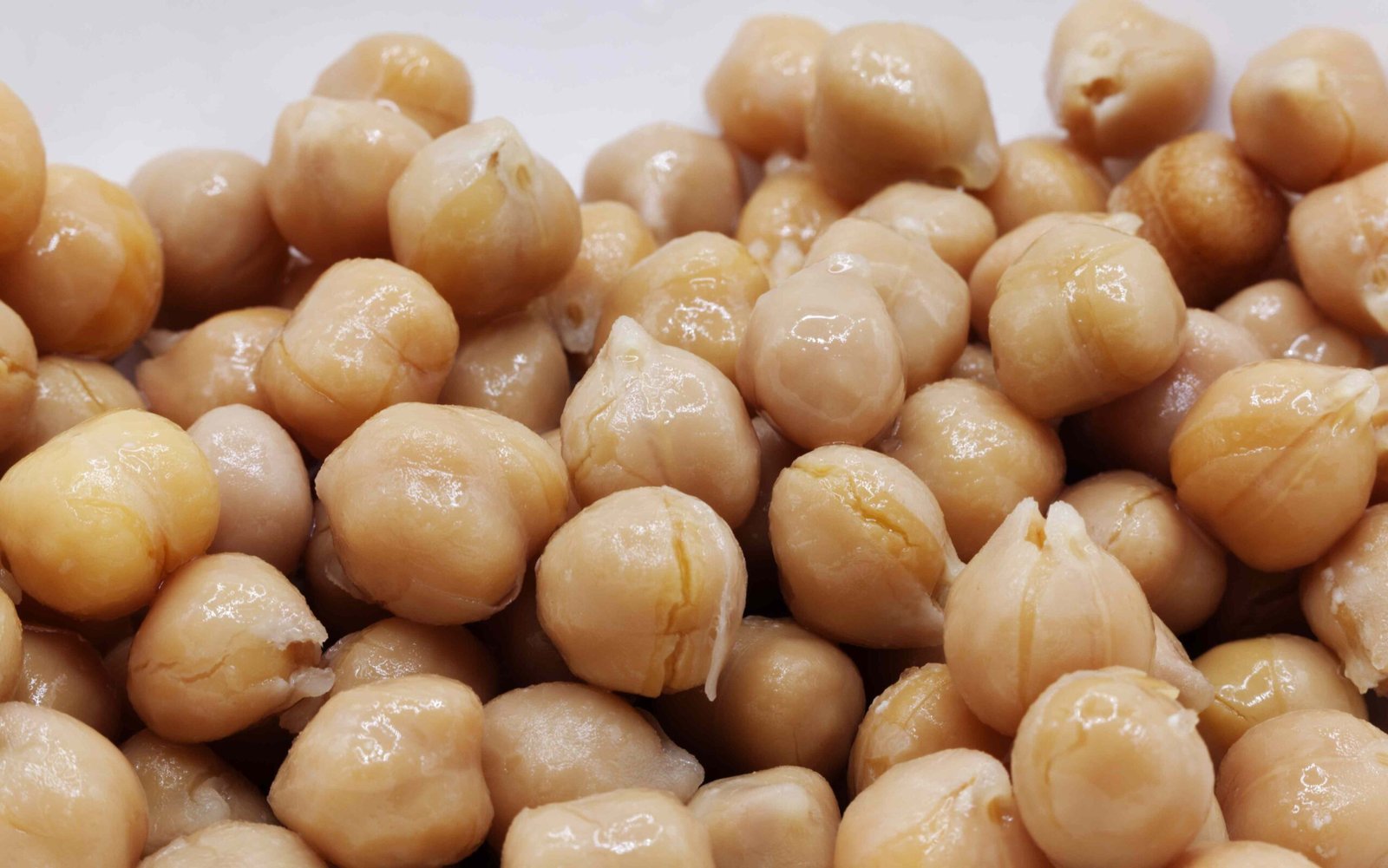
Magnesium is an essential mineral that supports everything from nerve and muscle function to blood pressure and blood sugar control, bone health, and even your stress response.
Despite its importance, nearly half of Americans don’t get enough magnesium in their diets, which may increase the risk of health issues like heart disease and anxiety.
Magnesium is found in various foods, such as leafy greens, beans, nuts, and whole grains, but it’s also concentrated in some drinks. Here are nine magnesium-rich drinks that can help you meet your daily needs while supporting your overall health.
Oscar Wong / Getty Images
- Magnesium per serving: Around 37.5 milligrams per cup, 8.9% of the Daily Value (DV).
- Health benefits: Mineral water is water that naturally contains minerals, such as calcium, magnesium, sodium, and potassium in forms that are easily absorbed by the body. Drinking mineral water can keep you hydrated while increasing your consumption of essential nutrients, like magnesium. Studies show that magnesium levels in mineral water can reach over 150 milligrams per liter, or 37.5 milligrams per cup.
- How to enjoy it: Enjoy flat or sparkling mineral water plain for a refreshing drink, or mix mineral water with a bit of fresh juice to enhance its flavor and increase its nutritional benefits.
manusapon kasosod / Getty Images
- Magnesium per serving: 60 milligrams per cup, 15% of the DV.
- Health benefits: Soy milk is one of the most protein-rich plant-based milks, delivering about 9 grams of protein per cup, which is more than a glass of cow’s milk. It’s also a good source of essential nutrients like magnesium, iron, and potassium. Many brands fortify soy milk with additional vitamins and minerals, including vitamin D and B12, to boost its nutritional value.
- How to enjoy it: Soy milk is mild-tasting and can be used for drinking, cooking, and baking. Some flavored soy milk can be high in added sugar, so it’s best to read the nutrition label before adding soy milk to your cart.
YelenaYemchuk / Getty Images
- Magnesium per serving: 34.7 milligrams per cup, 8.2% of the DV.
- Prune juice: In addition to being a good source of magnesium, prune juice is a worthwhile refrigerator staple if you experience frequent constipation. Studies show that drinking prune juice can reduce constipation symptoms without triggering adverse side effects like gas and loose stools. Prune juice is also a good source of other nutrients, like vitamin C and potassium.
- How to enjoy it: Drink prune juice plain or add it to smoothies with other magnesium-rich ingredients, like kale and avocados.
Pablo Jeffs Munizaga – Fototrekking / Getty Images
- Magnesium per serving: 80 milligrams per 2 tablespoons of cacao powder, 19% of the DV.
- Health benefits: Cacao powder comes from the beans of the Theobroma cacao tree and undergoes less processing than traditional cocoa powder, giving it a richer, more intense flavor. It is one of the most concentrated sources of flavonoid antioxidants, which have powerful anti-inflammatory and cellular-protective effects. Cacao powder is also high in magnesium, with a 2-tablespoon serving covering 19% of your daily needs.
- How to enjoy it: To make a magnesium-rich hot cocoa, mix 2 tablespoons of cacao powder into hot milk or plant-based milk. Flavor with cinnamon and a sweetener of your choice, like monk fruit or maple syrup.
Kseniya Ovchinnikova / Getty Images
- Magnesium per serving: A green smoothie made with half of an avocado and 2 cups of spinach delivers 76.6 milligrams, or 18% of the DV.
- Health benefits: Green smoothies are an easy way to pack several nutrient-dense ingredients into one drink. Magnesium-rich ingredients, like spinach and avocado, can be added to green smoothies for a boost of magnesium and other nutrients, like vitamin C and potassium. Studies show that people who regularly consume smoothies are less likely to gain weight and more likely to meet nutrient recommendations and consume recommended amounts of fruits and vegetables than people who don’t.
- How to enjoy it: Add fruits, like frozen berries, to your green smoothie for a kick of natural sweetness and a protein source, like Greek yogurt or pea protein powder, for staying power.
Esin Deniz / Getty Images
- Magnesium per serving: 29.2 milligrams per cup, 7% of the DV.
- Health benefits: Kefir is a fermented yogurt drink that’s high in nutrients like protein, calcium, and vitamin A. It also provides smaller amounts of magnesium and zinc. Kefir is a good source of probiotic microorganisms, such as lactic acid bacteria (LAB), which could benefit digestive health. Research shows that regularly drinking kefir can support gut health, lower blood sugar, and improve bone mineral density.
- How to enjoy it: Drink plain kefir for a filling, gut-friendly snack or add it to smoothies for a boost of probiotics, protein, vitamins, and minerals.
marekuliasz / Getty Images
- Magnesium per serving: 50.4 milligrams per cup, 12% of the DV.
- Health benefits: Hemp milk is a creamy, plant-based milk alternative that’s a good source of magnesium, providing 12% of the DV per cup. Hemp milk is also high in alpha-linolenic acid (ALA), a plant-based omega-3. ALA has anti-inflammatory effects. Research shows that increasing your intake of ALA could lower the risk of heart disease, including coronary heart disease, the most common heart disease in the U.S.
- How to enjoy it: Add hemp milk to smoothies, coffee, and tea, or add it to cereal, oatmeal, and chia pudding.
Burcu Atalay Tankut / Getty Images
- Magnesium per serving: 60 milligrams per cup, 14.3% of the DV.
- Health benefits: Coconut water is a good source of minerals, like sodium, magnesium, and potassium, which act as electrolytes. Electrolytes are electrically charged minerals that help maintain fluid balance, pH balance, blood pressure, and heart rate. Drinking fluids with electrolytes, like coconut water, could help improve your hydration status while improving your intake of minerals, like magnesium.
- How to enjoy it: Enjoy plain coconut water as a refreshing beverage or use it as a base for drinks like smoothies and mocktails.
MAIKA 777 / Getty Images
- Magnesium per serving: 104 milligrams per cup, 24.8% of the DV.
- Health benefits: Like coconut water, coconut milk is a good source of magnesium, providing just under a quarter of your daily needs per cup. Coconut milk is also lower in carbs than many other plant-based milks, including soy milk, making it a good choice for those following low-carb diets, including keto diets.
- How to enjoy it: Use coconut milk as a creamy addition to lattes, cappuccinos, and hot chocolate and use it in smoothies, cereal, and oatmeal.
Magnesium is an essential mineral found in a variety of foods, including avocados, nuts, beans, and leafy greens like spinach. It’s also present in several drinks, such as mineral water, soy milk, coconut milk, prune juice, green smoothies, and hot cocoa.
Adding these beverages to your routine can be a simple and tasty way to boost your daily magnesium intake.






